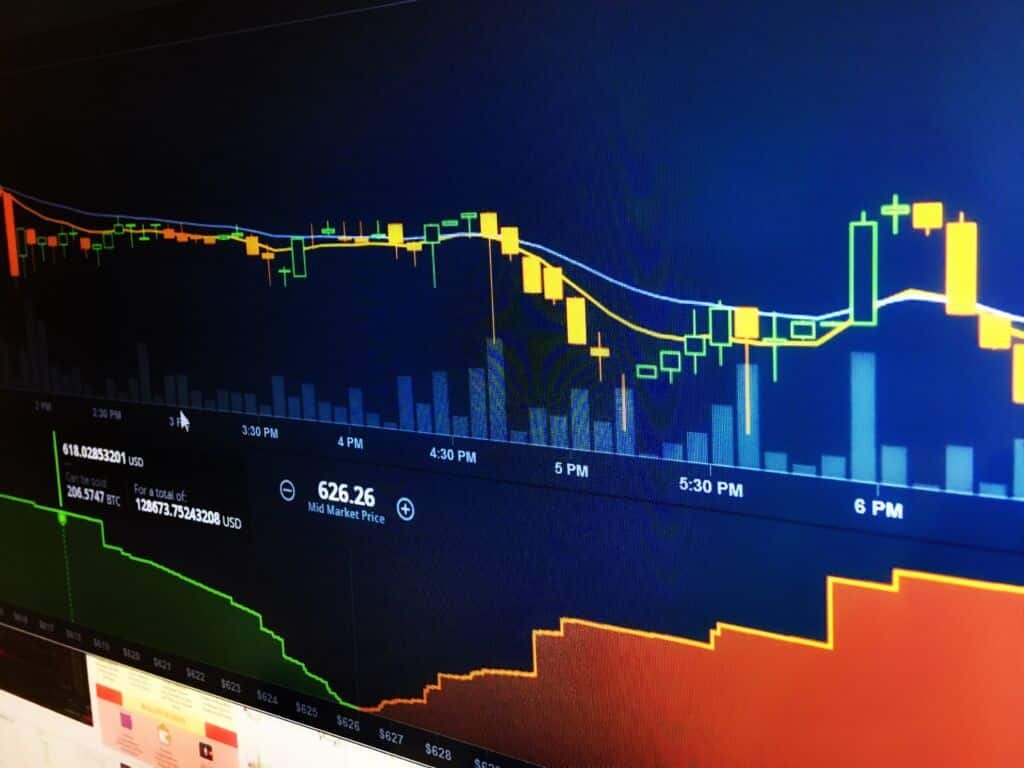The Importance of Data Cleansing: Boosting Your Business's Performance
No matter what product or service a company sells, data is the lifeblood of businesses. From customer information to sales figures, data plays a pivotal role in decision-making and strategic planning. However, the quality of data is often overlooked. This article delves into the significance of data cleansing and why it is crucial for businesses to ensure their data is accurate, reliable, and up-to-date.

Understanding Data Cleansing
Data cleansing, also known as data scrubbing or data cleaning, is the process of identifying and correcting errors or inconsistencies in datasets. It involves the removal of duplicate records, the correction of inaccurate data, and the standardization of data formats. The ultimate goal is to have a clean, error-free dataset that can be relied upon for analysis and decision-making. But perhaps most importantly – clean and accurate data often facilitates higher conversion rates while also making said data quicker to navigate.
The consequences of "dirty" data
1. Inaccurate Decision-Making
Dirty data can lead to inaccurate decision-making. When businesses rely on flawed data, they make decisions based on false or outdated information, which can have detrimental consequences. From marketing campaigns to inventory management, every aspect of a business’s operations is impacted by the quality of its data.
2. Wasted Resources
Inefficient data leads to wasted resources. When employees spend their time sifting through erroneous data or correcting mistakes, valuable time and energy are diverted from more productive tasks. Data cleansing streamlines operations and allows employees to focus on tasks that drive growth.
The benefits of data cleansing
1. Enhanced Customer Experience
One of the primary benefits of data cleansing is an improved customer experience. When a business has accurate customer information, it can tailor its products and services to meet individual needs. This personalization fosters customer loyalty and satisfaction, ultimately driving sales and revenue.
2. Regulatory Compliance
Data cleansing is crucial for businesses that must adhere to regulatory requirements, such as GDPR or HIPAA. Ensuring that data is accurate and up-to-date helps avoid costly fines and legal issues associated with non-compliance.

The Data Cleansing Process
1. Data Audit
The first step in data cleansing is a thorough data audit. This involves identifying the sources of data and assessing the extent of errors or inconsistencies.
2. Data Validation
After the audit, data validation techniques are applied to identify inaccurate or incomplete records. Validation checks include format validation, range checks, and consistency checks.
3. Duplicate Removal
Duplicate records are a common problem in datasets. Data cleansing tools and algorithms are used to identify and remove duplicates, ensuring a single, accurate record for each entity.
4. Standardization
Data standardization involves converting data into a uniform format. For example, dates may be standardized to a specific format, ensuring consistency across the dataset.
How To Implement Data Cleansing
1. Automated Tools
Many businesses utilize automated data cleansing tools that can quickly and efficiently identify and correct errors. These tools save time and reduce the risk of human error.
2. Data Governance
Establishing data governance policies and practices within an organization is essential for maintaining data quality over time. It involves defining data ownership, access controls, and data quality standards.
Common data errors include duplicate records, missing information, inconsistent formats, and outdated information.
Data cleansing should be performed regularly, with the frequency depending on the volume and rate of data acquisition.
While it is possible to perform data cleansing manually, automated tools are more efficient and accurate, especially for large datasets.
No, data cleansing is relevant to businesses of all sizes. Small businesses can benefit from clean data just as much as large enterprises.
The costs of data cleansing vary depending on the size and complexity of the dataset. However, the benefits often outweigh the costs in terms of improved efficiency and decision-making.





